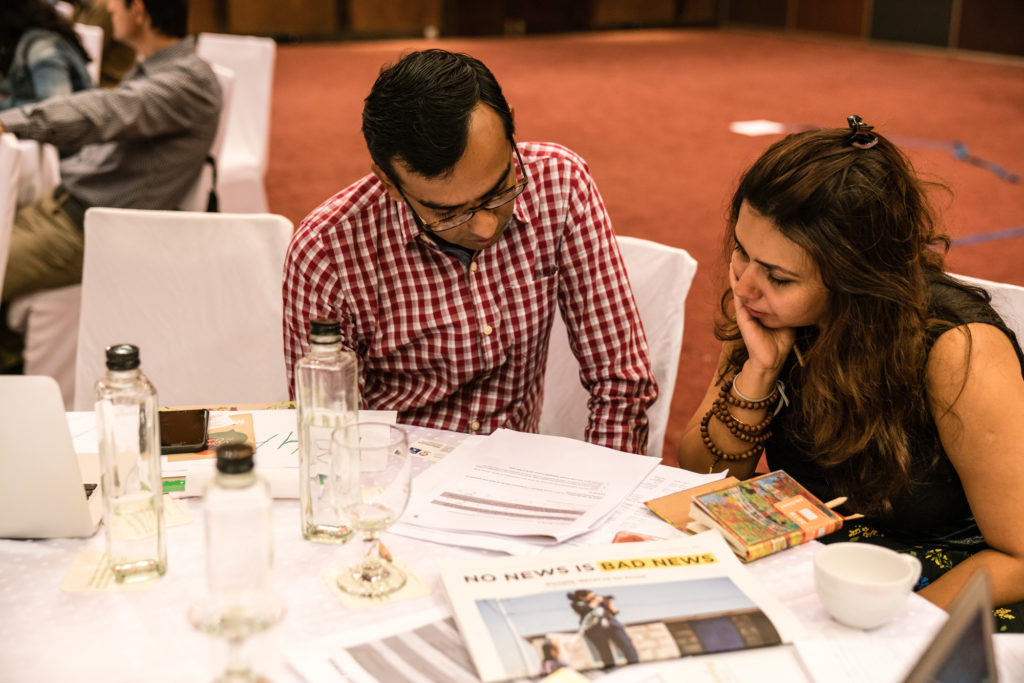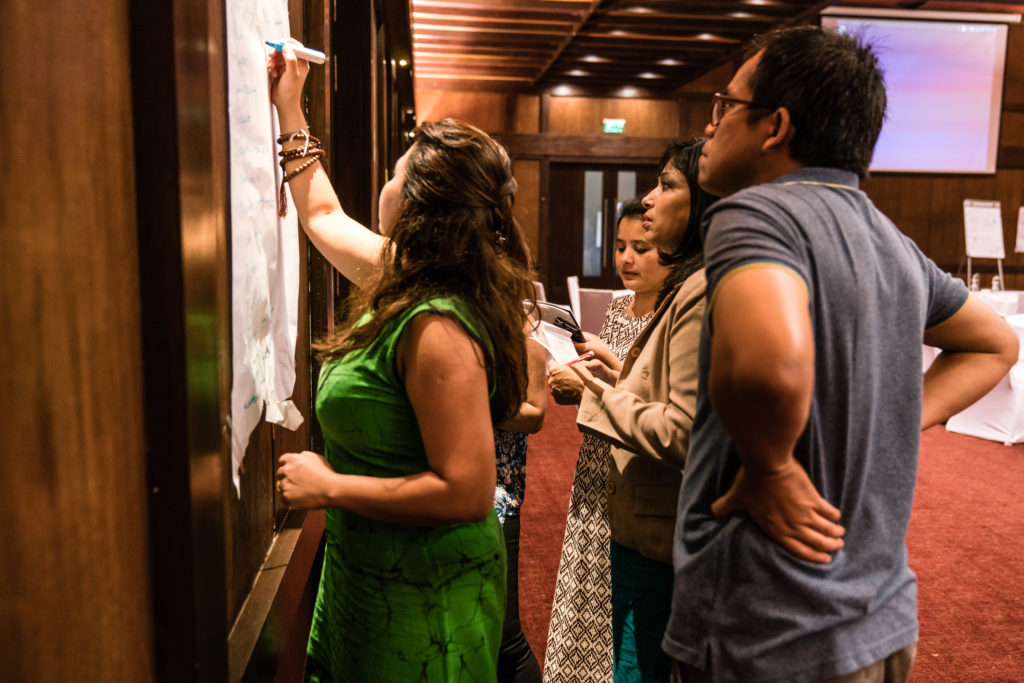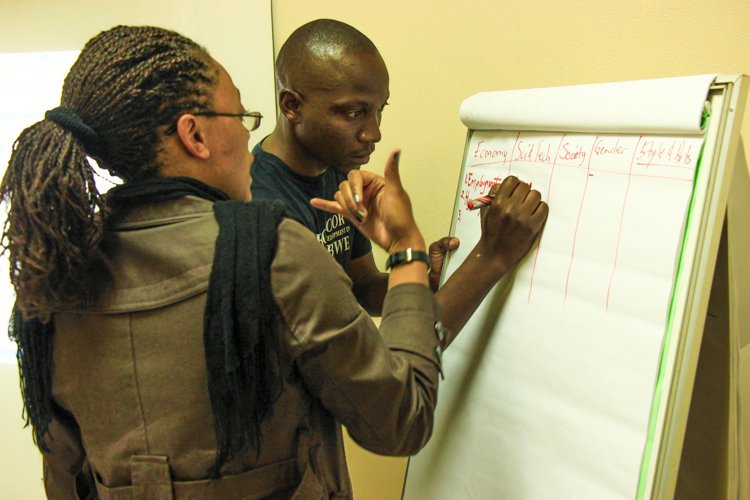“Gender mainstreaming is a strategy for making women’s as well as men’s concerns and experiences an integral dimension of the design, implementation, monitoring and evaluation of policies and programmes so that women and men benefit equally and inequality is not perpetuated. The ultimate goal is to achieve gender equality” (Gender Mainstreaming: An Overview. UN, 2002).
It is essential to take gender into account in the design, implementation and evaluation of a media development programme. Through gender mainstreaming, the concerns and needs of both men and women become an inherent part of every stage of the project cycle.
Gender mainstreaming ensures that programmes are of higher quality, are more effective and do not perpetuate gender inequalities.
Learn more
The European Institute for Gender Equality (EIGE) has a detailed resource page on gender mainstreaming.
Gender mainstreaming means that you:
- Understand how policies and programmes have different impacts on women and men
- Explore root causes of gender inequalities
- Discuss solutions with those concerned, women as well as men
- Track progress towards gender equality, by setting targets and indicators
All in all, gender mainstreaming is a strategy to achieve gender equality.
Are you a Free Press Unlimited staff member and do you want learn more about the gender mainstreaming? See this page for more information on an internal training hosted on Totem.
Handbook
The Handbook on Working Towards Gender Equality in the Media: IAWRT & the Gender Mainstreaming Project by the International Association of Women in Radio and Television (IAWRT) showcases IAWRT members’ experiences and best practices for working towards advancing gender equality in and on the media in Kenya, South Africa,Tanzania, India and Uganda.
Learn more
The Resource Package on Gender Mainstreaming in EU Development Cooperation contains many practical tools to implement gender mainstreaming.
The Gender and Social Inclusion Toolkit of CIVICUS provides a comprehensive tool to guides CSOs in integrating GSI considerations into the programmatic cycle.
Gender mainstreaming in the different project stages




A gender-sensitive evaluation process will allow you to assess how beneficiaries of all genders were impacted by a programme, and the extent to which gender equality was considered and achieved.
